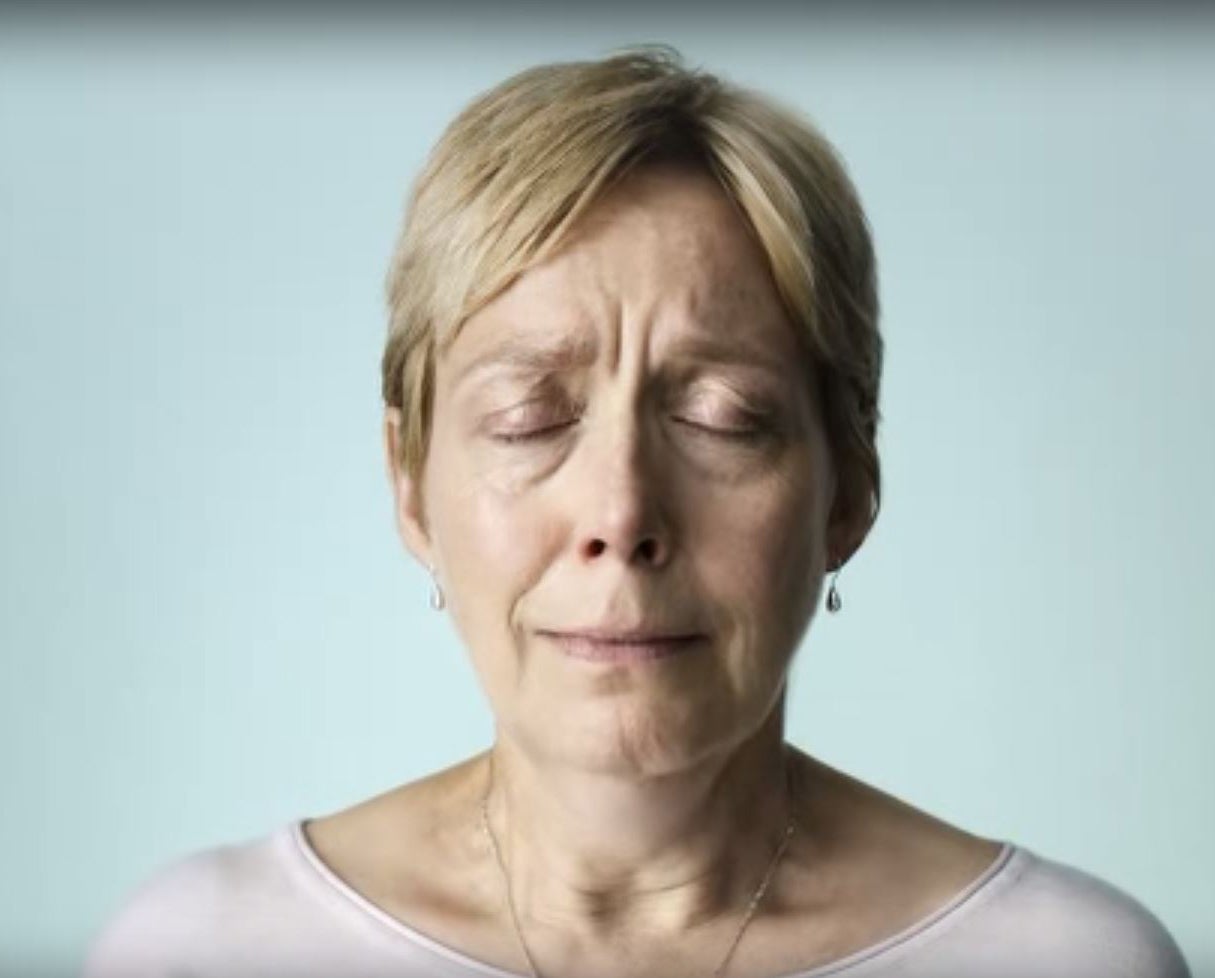Facebook bans sight-loss charity's 'degrading' campaign video
The Royal National Institute of Blind People's 'See the need' campaign was blocked over fears it would 'generate highly negative feedback'

Your support helps us to tell the story
From reproductive rights to climate change to Big Tech, The Independent is on the ground when the story is developing. Whether it's investigating the financials of Elon Musk's pro-Trump PAC or producing our latest documentary, 'The A Word', which shines a light on the American women fighting for reproductive rights, we know how important it is to parse out the facts from the messaging.
At such a critical moment in US history, we need reporters on the ground. Your donation allows us to keep sending journalists to speak to both sides of the story.
The Independent is trusted by Americans across the entire political spectrum. And unlike many other quality news outlets, we choose not to lock Americans out of our reporting and analysis with paywalls. We believe quality journalism should be available to everyone, paid for by those who can afford it.
Your support makes all the difference.Facebook has banned a charity's advert about sight loss, saying it was "degrading".
The social media giant's advertising team rejected a request by the Royal National Institute of Blind People to run their video campaign, saying it used language that was "profane, vulgar, threatening or generates high(ly) negative feedback".
The 30-second advert for the charity's "See the need" campaign features an anguished looking woman slowly closing her eyes as the voiceover says: "This is the moment your doctor says you are losing your sight.
"You'll fear for your job, your home, your life. You'll be angry that there is no one at the hospital to help you face the future. That's when you'll see that everyone losing their sight needs the right support."
It says only one in three hospitals in the UK have a sight-loss advisor and called on people to support its campaign to have one in every eye department by 2019.
NIB's social media team said Facebook they were not keen on hard-hitting ads because they found people disliked ads that directly address them.
According to the Guardian, a member of the Facebook Ads Team said: "Ads should not single out individuals or degrade people. We don’t accept language like ‘fear of losing your sight, losing your job?’ and the like.
"Instead, text must present realistic and accurate information in a neutral or positive way and should not have any direct attribution to people."
The ad has now been viewed more than 50,000 times on YouTube and the RNIB said it had not received any complaints.
Natasha Dickinson, the charity's head of marketing, told the Telegraph she felt Facebook had "handicapped our ability to raise awareness about blind and partially-sighted people's issues, and that's extremely unfair."
She said: "Every advert addresses personal characteristics - you could say that about hair dye."
The website has come under attack in the past for the images and video it does and does not allow.
Last week, Facebook temporarily banned professional photographer, Michael Stokes, after he posted an image of a nude man photographed from the side while lighting a cigarette from his new book, Masculinity.
The ban was later lifted but Mr Stokes believes this was only because of media attention.
Every advert addresses personal characteristics - you could say that about hair dye
A Facebook spokeswoman told The Independent: “Facebook is a place for people and organisations to campaign for the things that matter to them, and the Royal National Institute of Blind People’s video ad is a great example of that.
"In this instance we made a mistake, and have contacted the charity to let them know and to apologise for any inconvenience caused."
RNIB subsequently welcomed Facebook's about-turn, saying on Twitter: "Thank you for all your support."
Join our commenting forum
Join thought-provoking conversations, follow other Independent readers and see their replies
Comments